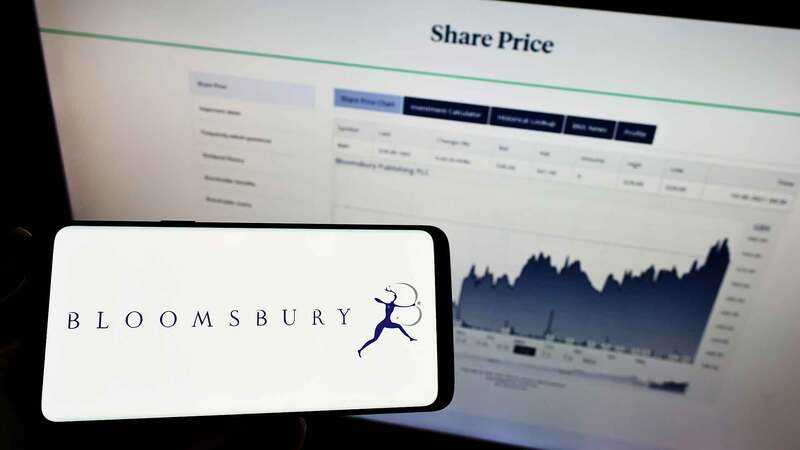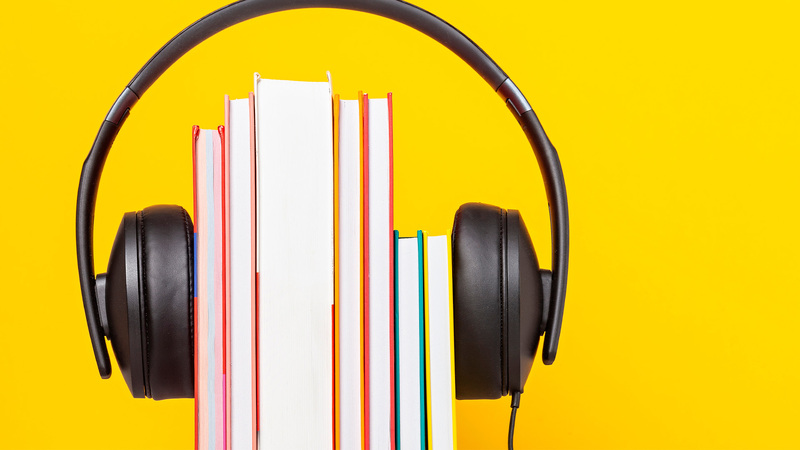You are viewing your 1 free article this month. Login to read more articles.
Self-publishing ‘largest threat’ to industry
Publishers should not underestimate the value of physical bookselling as discovery channels for books decline and the options for authors to self-publish increase, a new report into the consumer book market has warned.
The report, by Enders Analysis, warns that though e-book sales have replaced lost revenue from print—making the book sector look “positively stable in a world that has upturned other media sectors”— self-publishing has now emerged as the “largest threat to incumbent publisher businesses”.
The analysis also argues that while Amazon’s dominance in the e-book market is unusual when compared to other more fragmented media sectors, publishers have “refused to surrender their destiny to distribution platforms to the same extent as the music industry”, pointing to their control over pricing as a key bulwark.
However, Waterstones m.d. James Daunt has warned that the UK e-book market has developed into a duopoly, after announcing an affiliate deal with Canada-based e-book retailer Kobo. Waterstones was one of the first high-street booksellers to make an e-book play, launching the Sony Reader in its stores in September 2008, well ahead of Amazon’s UK launch of the Kindle. Nevertheless, since then it has been outmanoeuvred by the Seattle e-tailer, which now has a market share of UK e-book sales of close to 90%. Daunt conceded to The Bookseller that the move meant the likelihood of a significant challenger to Amazon’s dominance of the UK e-book market was remote. He said the decision to stop selling e-books was taken because the company could not do it “to the standard or the ability I would like”.
When asked if it was now clear that no company could compete with Amazon in the UK e-book market, Daunt said: “That is clearly the reality as of today. Kobo is the next credible competitor in the marketplace, but it is tough—[Barnes & Noble’s] Nook has clearly shown that in the UK. There are other companies doing it in niche ways, but 99% of readers read through Kindle or Kobo.”
An Amazon spokesperson said: “Our UK, US and worldwide Kindle book sales grew in 2015, with particular strength in independent publishing and Kindle Unlimited.”
The Enders report highlights the role terrestrial booksellers play in the curation and discoverability of books, and warns publishers of the consequences of them losing control over these key distribution channels.
“In our view, trade publishers have not been focused enough on the core book retailers,” the report argues, stating that “dedicated booksellers remain critical for maintaining the current shape of the books value chain”. It argues (see right) that self- publishing could still disintermediate agents, publishers and retailers, but not while the supply chain remains diversified. But it warns “publishers cannot rely on the advantages they already have”.
E-book publisher Michael Bhaskar, writing in a column this week, argues that, in a world of abundance, curation has become a key skill for both publishers and booksellers. “More than ever before, the entire chain of publishing is about the choices we make,” Bhaskar writes.


















